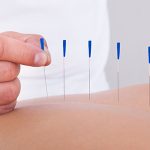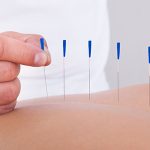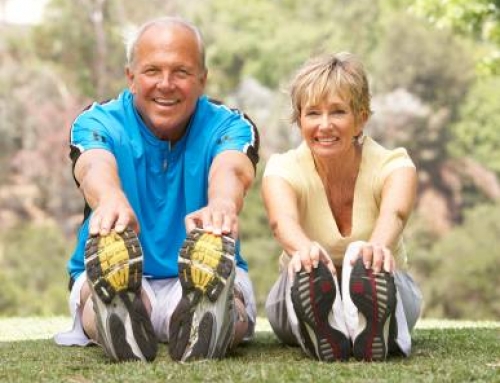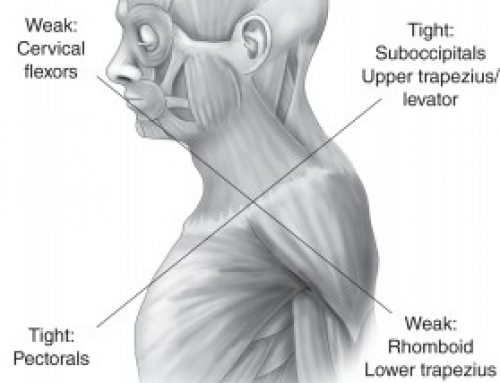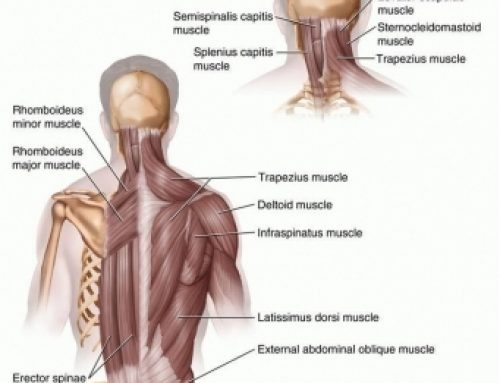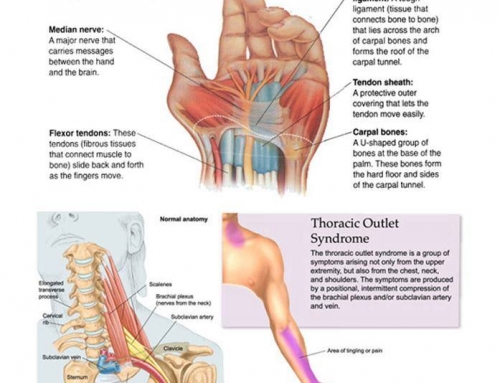We have been getting a lot of queries in clinic recently regarding Dry Needling –what is it? What does it do? How does it work? Is it the same as Acupuncture? I hate needles, will it hurt? So in this post – I’ll try give my best explanation of this wonderfully efficient technique.
What is it and what does it do?
Dry Needling or Trigger Point Dry Needling is a technique used to reduce muscle pain and dysfunction by releasing tight areas in the muscle known as myofascial trigger points. These are tender nodules within taut bands of muscle. Normal muscle does not contain these taut bands. Once activated, these trigger points may cause reduced muscle function, weakness/atrophy and restricted range of motion, as well as local or referred pain. These trigger points can develop as a result of overload in a muscle, overuse due to poor postures or repetitive active loading, or when the body is in a stressed and tense state. Dry needling directly treats the body’s neuromuscular system. The needles used are “dry” meaning they have no ability to inject or withdraw fluid.
Dry Needling aims to:
- Improve joint mobility
- Reduce muscle tightness
- Decrease pain and irritation
- Ease tension and heachaches
- Facilitate return to full functional activities
Dry Needling can help treat the following musculoskeletal problems:
- Neck and back pain
- Jaw pain
- Shoulder pain
- Tennis elbow
- Golfer’s elbow
- Buttock and leg pain
- Sciatica
- Hamstring strains
- Knee pain
- Chronic Calf tightness and night time cramping
- Foot and heel pain
Dry Needling vs Acupuncture
While Dry Needling is a fairly recent addition to the treatment of Musculoskeletal and Neuromuscular dysfunction, Acupuncture has been used in Chinese Medicine for hundreds of years, treating a huge range of issues – everything from muscular pain to depression to fertility. Acupuncture works to restore balance in the body. It is based on restoring the flow of energy or “chi” which has been blocked along it’s pathway or “meridian”. Acupuncture uses certain pressure points throughout restore this flow of energy and balance to the body.
I hate needles, will it hurt?
The needles used in Dry Needling are single use and very fine, so the only pain felt is when elicited by a trigger point response in the body. This pain has been described as being “sharp”, “nervy” “twitcy” but will usually only last a few seconds.
If you would like more information on the use of Dry Needling in your Physical Therapy appointment, please talk to your therapist.
Dry Needling is available in Energise Physical Therapy.
Call or email for an appointment, online booking also available.
Sinead

